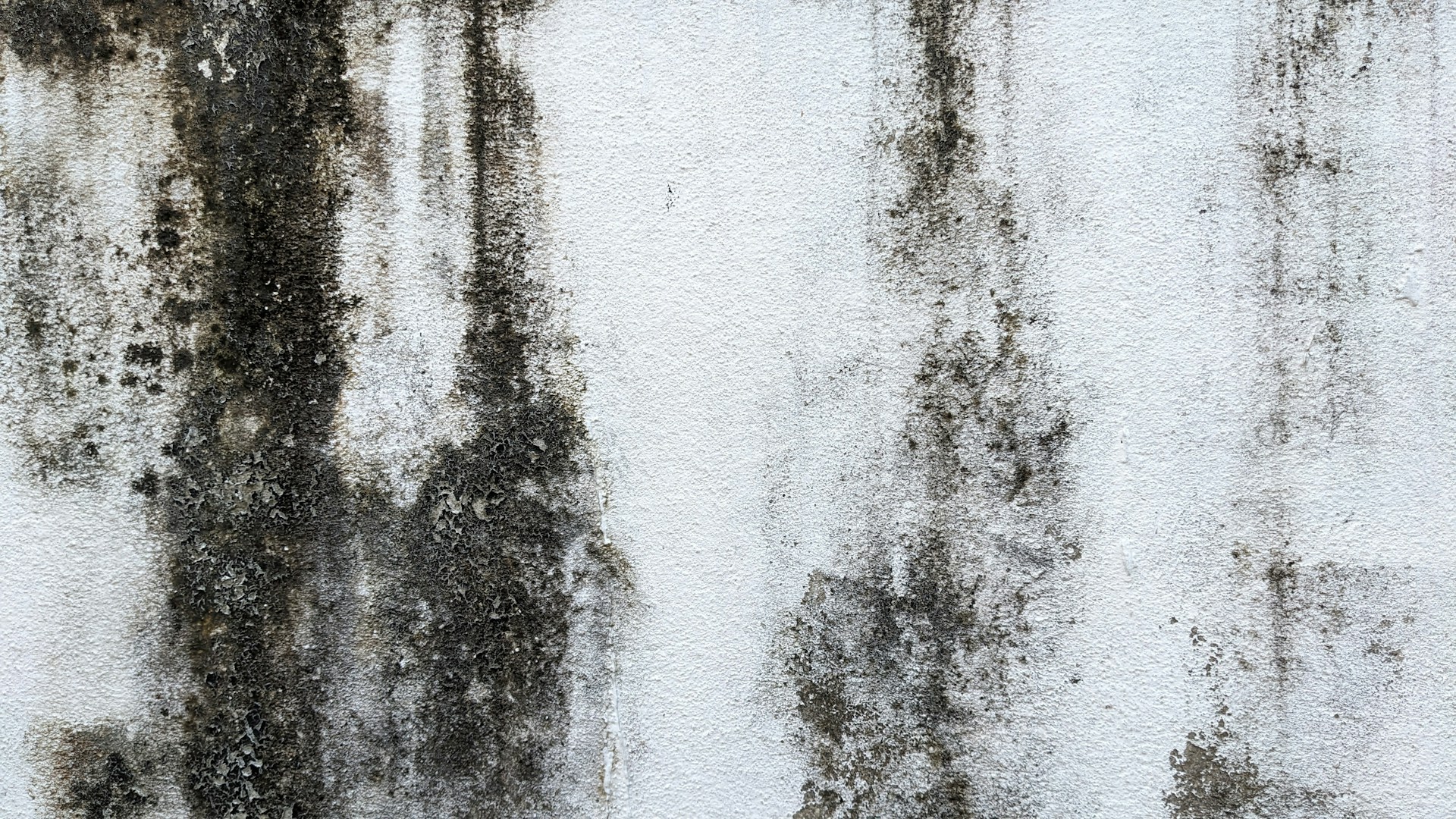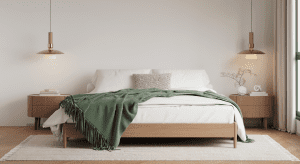
Check out some of the benefits of regular home maintenance:
Preventing Bed Bugs
Safeguarding Against Water Damage
Safer Living Environment
Maintenance is one of the most essential activities that every homeowner should embrace since it has far more meaning than just the beautification of the home. It makes it safe, comfortable and cheaper in the long run. A tidy home does more than just improve the air quality in your home and safeguard your family’s health; it also shields your family from the effects that might result in health issues or even costly repairs. Home air quality, pest infestations, and allergens are handled to ensure everyone in your home is safe.
Furthermore, simple maintenance helps your appliances last longer and save energy to help increase the value of your property. And by staying proactive, you secure your investment and the well-being of the house’s occupants. In this article, we’ve looked at how often essential maintenance can save your home or dramatically enhance your standard of living.
The Hidden Benefits of Regular Home Maintenance
1. Enhancing Indoor Air Quality
The quality of air that prevails indoors also needs special attention in any home. Contaminants like dust, mould, and other VOCs cause respiratory symptoms, allergies, or other diseases in living things. HVAC filters should be checked and replaced frequently, while ducts should be cleaned so that they do not circulate contaminants. Furthermore, the addition of other plants, such as the use of Peace lilies or the use of high-quality air purifiers, could enhance air quality.
VOCs can be a real issue, especially when the house is new or has recently been redecorated or refurbished. Some services provided include formaldehyde removal in Singapore, which helps remove chemicals to allow a clean environment for one’s family. This helps improve the air quality, significantly eliminating allergies and unpleasant home environments.
2. Preventing Bedbugs and Dust Mites from Entering Your Bed
Bedbugs and dust mites are most likely intruders, which can bring discomfort and sickness like allergies or skin rash. To keep them out of your bed, use special encasements for your mattress and pillow to keep out dust mites and other pests. Bathtub mats and other fabric in the bedroom should be washed once a week in hot water and dried at the highest heat possible to eliminate the mites and their eggs. Vacuum your mattress and bedroom floor daily or at least once a week, concentrating on the gaps where the pests may be found.
Low humidity below 50% by use of a dehumidifier also helps to prevent the growth of the mite. Removing items from the bedroom means that the bedbug can hide in a few places. Through proper practice, it is possible to establish a clean and friendly environment to sleep in that will eliminate the current presence of pests, enhancing our health and comfort.

3. Safeguarding Against Water Damage
One of the most familiar problems in any household is water damage, which can easily be avoided with regular checks and cleaning. Poor drainage, seepage and leakages cause water damage by compromising the building’s structure, encouraging mould formation and costing a lot of money in repairs and rehabilitations. Check pipes and faucets frequently for signs of rust or leakage; paint on roofs should also be checked for damages regularly.
Check that the roof gutter and downspouts are clear of debris and do their part by directing water away from the home’s foundation. Sump pumps help remove excessive water in basements, so one can install them. Also, any cracks on walls or foundations in a building must be repaired to ensure water cannot penetrate the walls. Many damages can be prevented if you are proactive, and regular checks of your house will ensure its structure is well maintained.
4. Protecting Your Home from Pests
Pest can threaten the stability of your home as well as the health of your family. Preventive maintenance is key to avoiding infestations by rats, mice, termites, and even cockroaches. Use foam to seal all possible entry points around the windows, doors, and pipes. At least once a week, empty and clean spaces with high pest activity, such as basements, attics and storage areas.
Good guest hygiene and cleanliness in the kitchen could deter pests’ attraction. People should consider hiring professional pest control services for regular pest inspection to check whether the premises have any pests. Reducing contact with pests in the home translates to better health, hygiene, and comfort for every person in the house.
5. Extending the Life of Appliances
Home appliances are significant purchases; maintenance will help extend their life and improve performance. Some things that homeowners can do to prevent wear and tear on their systems include Cleaning the refrigerator coils, descaling the water heater, and changing the air conditioner filters.
Minor problems should be corrected immediately to prevent acute damages that require more expensive repairs or replacement. Adhering to mechanical standards as manufacturers recommend ensures appliances work best and use less energy. Preventative maintenance costs less and is ecologically friendly because one spends less energy and items last longer.
6. Reducing Allergens in Your Home
Dust, animal hair, and pollen can pile up in a filthy house, which is not good for asthmatics and those with allergies. Carpets, upholsteries, and curtains should be cleaned often to minimize the amounts of accumulated allergens. Ensure you use vacuum cleaners with HEPA filters to increase their ability to pick fine particles. The regular laundry of bedding and other soft furnishings forms part of the mattress and comes into contact with the skin during sleep.
Ensure that the use of air conditioning involves purifiers to curb allergens and primarily ensure proper ventilation. Cleaning habits like dusting and clearing items will make the environment healthier; hence, the home becomes a better place for an allergy patient.
7. Detecting Hidden Issues Early
Perhaps the biggest advantage of frequent maintenance is that issues that might be developing quietly are spotted in good time. It could be a small leak or crack here or some wiring problem, which, although insignificant, might cost a lot if left unattended. Inspections on the plumbing, roofing, and electrical parts are usual, so you get to identify these early.
Preventive maintenance is less expensive than fixing extensive large-scale damages, eliminates risks of causing more incredible mishaps, and preserves homeownership’s worth. It is more effective to be active in maintenance and guarantee long-term turnover without failures.
8. Creating a Safer Living Environment
Security should always be a priority in any home. Preventable maintenance reduces risks resulting in such things as bad wiring, loose railings on stairs or wet and slippery floors that may cause untimely accidents. It is unnecessary to emphasize the significance of working smoke detectors, carbon monoxide alarms, and fire extinguishers, which all need to be in good working order and tested periodically.
Deal with structural issues such as a caved floor or walls that crack from the bottom of the door as soon as possible. This way, you protect your family and contributors from threats and ensure you live in a comfortable and safe environment.
9. Improving Sleep Quality
The regularity of cleaning your home is directly proportional to how well you will sleep at night. Cleaning and removing other substances, such as dust, which can trigger allergies, help ensure a better sleeping place. Ventilation and regulation of humidity levels make the bedroom comfortable to sleep in.
Maintaining your mattress’s hygiene implies that no bedbugs or dust mites should infiltrate your sleep, and it should be free of any debris that may hinder you from having a good restful sleep. If you keep your home clean and comfortable and use it solely for resting, you pave the way for better physical and mental health due to improved sleep.
10. Boosting Energy Efficiency
Energy efficiency is another area where routine maintenance makes a whole lot of difference. Insulating the house walls, putting weatherstrips around doors and windows, and properly maintaining heating and cooling systems minimize energy use. Clean often or replace your air filters so air can flow more freely and get your heating or cooling system off the hook.
Replacing old appliances and bulbs with energy-efficient ones reduces costs and your home’s carbon footprint. An energy-efficient house is not costly in terms of the bills incurred since it is one way to conserve resources.
The Bottom Line
Maintenance is one of the essential activities in homeownership as it helps to prevent the deterioration of the value of the property and the health hazards that may come with that. Thus, you follow essential practices that produce a healthy, comfortable and efficient living space and deal with problems concerning air quality, pest control, and energy use.
This is the advantage of maintaining your home often because this way, you can spot the problems early enough before they incapacitate the structure, hence incurring costly damages and thus, the home’s value is retained. Only with proper and regular measures necessary to prevent pest and allergen infiltration will you be able to maintain a healthy and comfortable living space for years to come.









